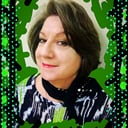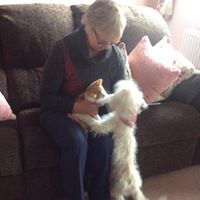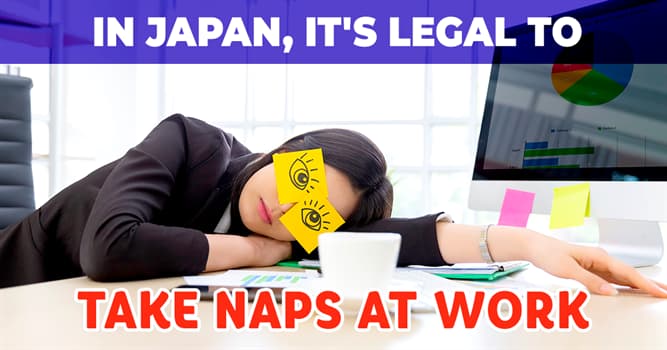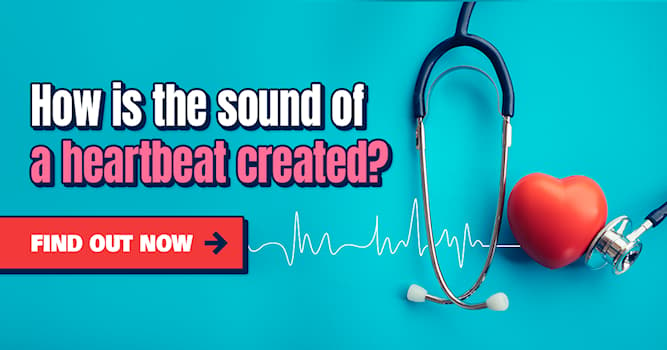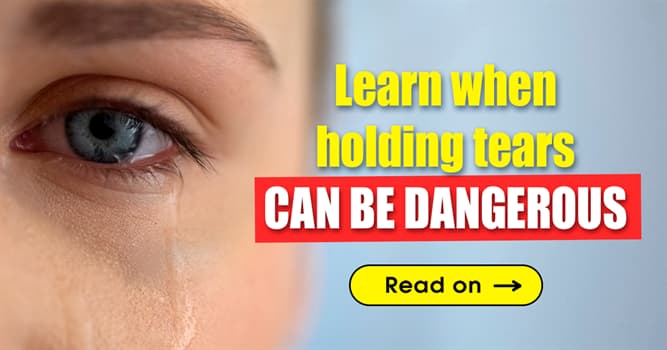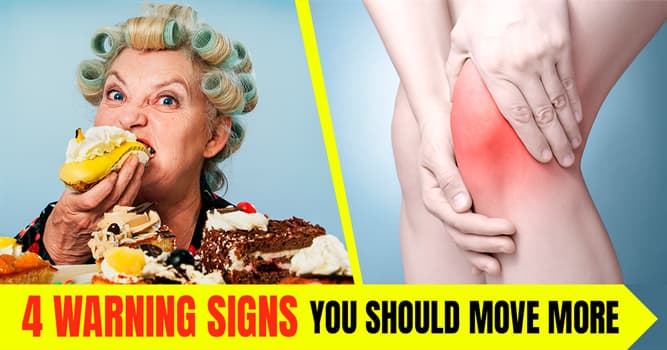What the Letters “OCD” Really Mean
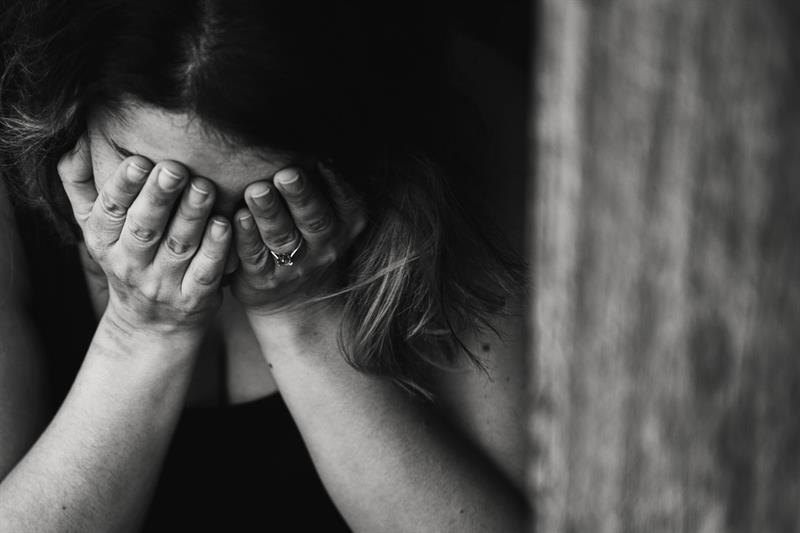
OCD doesn’t mean what you think. Let's find out the truth.
Imagine for a moment that you’re at home, having fun doing your favorite hobby, when all of a sudden, a big guy breaks down your door, puts a gun to your temple, and tells you to start doing things. He whispers malevolently in your ear that if you don’t do what he’s asking, he’s going to kill your loved ones, kill you, or make you so violently uncomfortable for the rest of your life that death will seem like a pleasant alternative.
How
would you feel in this situation? My guess is electric fear would be coursing
through your veins. You’d feel your terror palpably: heart pounding, hands
sweating, limbs shaking. Your mouth would become dry, your vision would narrow,
and your thinking would focus on one and only one thing: staying alive.

Would you hesitate to follow the instructions of this intruder, who’s holding the hard, cold barrel of a gun to your head? No, you’d just do whatever he asked. And you’d do it for as long as was required to get yourself out of the situation.

Do you have this scenario firmly in your mind? Can you close your eyes and put yourself there? Can you feel the terror of having no control, of being in the fight-or-flight response, of potentially being about to die? Good. Because now you know how it feels to be in the middle of an active episode of OCD.
OCD DOESN'T MEAN WHAT YOU THINK

The acronym “OCD” is thrown around pretty casually nowadays. “I’m so OCD about my car” or “It’s OK to be a little OCD…” But OCD isn’t synonymous with being meticulous, detail-oriented, or fastidious. It stands for Obsessive-Compulsive Disorder, the tenth most disabling condition in the world (Murray and Lopez 1996). The majority of people who have OCD also have depression (Crino and Andrews 1996), the world’s most disabling condition (Murray and Lopez 1996), so people with OCD are typically dealing with two of the top ten disabling conditions simultaneously. Even though it’s debilitating, many people with OCD hide their symptoms quite well when they’re out in public, so you’d be surprised at how many people it actually affects: about 1-2% of the population will have the disorder over the course of their lifetimes (NIMH, 2017), which means between 75-150 million (yes, that’s MILLION) people around the world have this incredibly disabling disorder at any point in time.

When you have OCD, you have obsessions, which are recurrent, unwanted thoughts that cause distress. For instance, you might think you’re going to pull out the kitchen knife and slash your husband’s throat when he gets home. Or, you might think you molested your child (when you absolutely, positively didn’t). You might be bothered by things being out of place to the point of not be able to leave your house until everything is “just so,” even though you’d give everything you had just to leave things messy so you could stop missing appointments.

Some
people confuse an intense interest in a subject with an OCD obsession, but they
are different things. The distinction between them is important, as a clinical
obsession that’s part of OCD almost always causes a great deal of anxiety and
distress, whereas obsessions that are really interests cause pleasure and joy.
People with OCD do compulsion to relieve the distress associated with the obsessions. You might lock all your kitchen knives away so as to keep yourself from murdering your husband. You might avoid being alone with your child for fear you will do something inappropriate or for fear that you’ll be overcome with worry in the future about having done something horrible to your child in the past. You might never let things get out of place in your house, not because it brings you any pleasure, but because you know that you’ll never, ever get out of the house on time if you don’t, and you’re that close to losing your job because you’re constantly tardy.

Sometimes compulsions have absolutely nothing to do with the obsession. I have had OCD since I was five or six, and I used to kiss trash before I threw it away to prevent my parents from dying. Yup, I know, that makes no sense. But nothing about OCD makes any sense. Having the disorder is like having a security guard in your head who works 24/7, constantly scanning the environment for things that could harm you or people you love or that could cause you distress.
Most people who have OCD know that both the obsessions and the compulsions are ridiculous. They know they would never harm a hair on their spouses’ heads, or do anything inappropriate with any child. They know it doesn’t matter what the house looks like when they leave. But rationality doesn’t matter when you have OCD. You have the metaphorical gun to your head, you’re in the fight-or-flight response, and you just know you have to do these compulsions. Have to. Even though you want nothing more than to be able to stop. You just don’t know how.
A DEBILITATING DISORDER WITH EXCEPTIONAL TREATMENT, THAT CAN BE EXCEPTIONALLY HARD TO GET
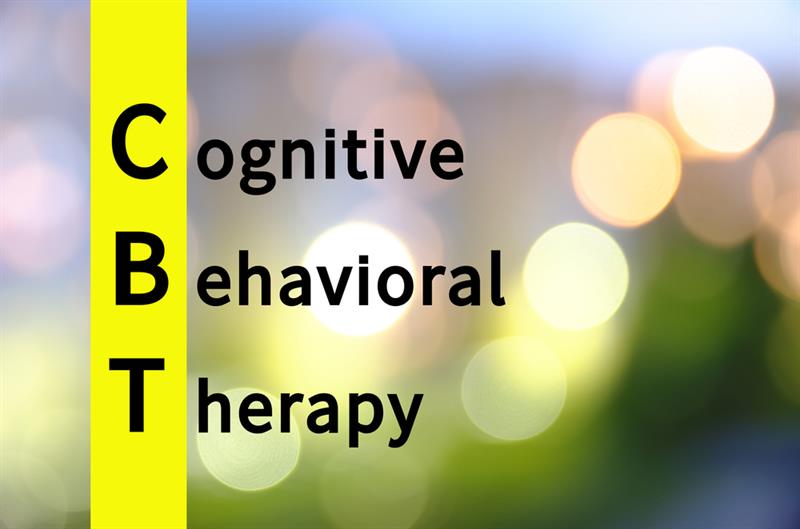
Fortunately, there is exceptionally effective treatment for OCD that can help people stop doing compulsions and in doing so, dramatically reduce the frequency of obsessions. It’s called exposure and response prevention (ERP) therapy, and it’s a form of cognitive behavioral therapy (CBT).

The problem is, however, that it takes 14-17 years on average from the time of symptom onset for people with OCD to get ERP (IOCDF, 2017). Can you imagine living 14-17 years feeling like a gun is being pressed against your temple every time an obsession pops into your mind? I can, because it happened to me. It took me more than 30 years to find ERP, even though I’d been seeing mental health professionals on and off since I was 16.
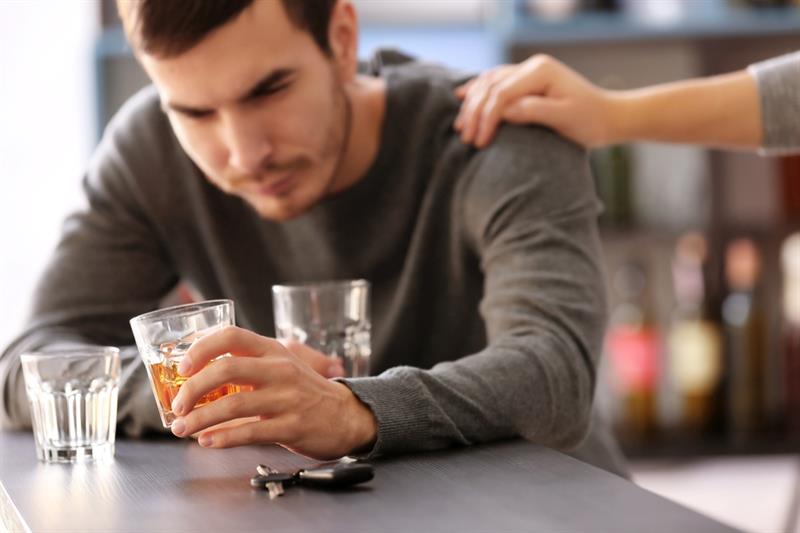
Therein lies one of the issues with how causally the term “OCD” is used today. There is nothing casual about having or treating OCD. When it’s used cavalierly, however, the message people take away is that OCD is no big deal. To either have it or to try to provide treatment for it. Nothing could be further from the truth. According to a recent study, for people with OCD “the risk of death by suicide was approximately ten times higher, and the risk of attempted suicide five times higher than that of the general population” (Karolinska Institutet, 2016). Further, OCD is so debilitating that people will sometimes turn to alcohol or drugs to numb the pain caused by the disorder, and according to the study, a co-occurring substance use disorder increases the risk of suicide even more.
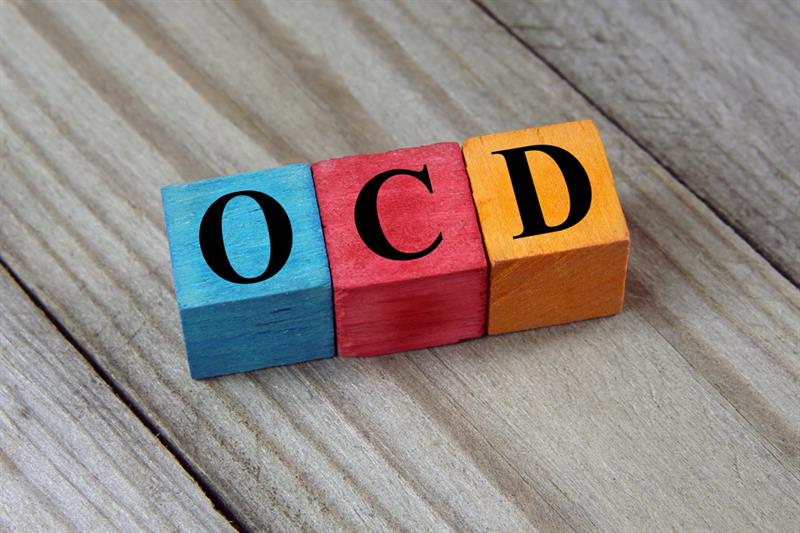
I can’t stress this enough: the letters OCD do not mean cute, quirky, neat, and tidy. They mean suffering, loss, agony, torture, isolation, shame, self-loathing, desperation, anguish, and hell. OCD is a serious condition, so serious that it can be life-threatening.
Thank you, QuizzClub!
QuizzClub recognizes how serious OCD is, and I am thrilled with QuizzClub’s leadership in mental health advocacy for people with OCD. They not only asked for an article about OCD to help people understand the serious nature of the disorder, but they also made a corporate decision to remove all quizzes that had “OCD” in the title. They are setting an example that I hope people and organizations everywhere will follow: they are trying to educate people about why it’s harmful to casually throw around the term “OCD,” because doing so implies it’s insignificant. That the suffering OCD causes the people who have it is insignificant. That the incredibly hard work it takes to overcome OCD is insignificant. That the tenth most disabling condition in the world is insignificant.
I not only have OCD, but I treat OCD, and I can tell you from my own experience and from the experiences of the people I help that it is anything but. It is living in terror with a gun pressed to your temple. But thanks to QuizzClub, hopefully more people will learn what the letters “OCD” really mean and then pass this knowledge on to others. For instance, when you hear someone say, “I’m so OCD,” you can gently say in response, “I can relate, but since reading an article on QuizzClub about OCD and how debilitating it is, I now say I’m detail-oriented/ a neatnik/ fastidious, etc… because the article helped me understand how devastating the disorder is. It’s like living with a gun pointed at your head. I don’t want to trivialize OCD, and I know you don’t either and certainty didn’t mean to with what you said, so I just wanted to share what I learned.”
If each of us educates one other person about OCD, together we can make an enormous difference in the lives of people suffering with this incredibly disabling disorder.
If you have OCD, think you may have OCD, or know someone who does, here are resources to learn more and find help. Never give up hope—you can take back your life from OCD.
- The International OCD Foundation: www.iocdf.org
- The Anxiety and Depression Association of America: www.adaa.org
- The Adversity 2 Advocacy Alliance: http://a2aalliance.org/arc/ocd/
- The author’s Psychology Today blog about OCD: https://www.psychologytoday.com/experts/shala-nicely
About the Author
Shala Nicely, LPC is a counselor and cognitive behavioral therapist specializing in the treatment of OCD and related disorders at Cornerstone Family Services in Atlanta. She is the co-author of the forthcoming book, Everyday Mindfulness for OCD, with Jon Hershfield, MFT. She was selected as keynote speaker for the 2013 IOCDF national conference with the story of her own triumph over OCD, “Is Fred in the Refrigerator?” Shala is Co-Founder and Past President of OCD Georgia, the Georgia affiliate of the IOCDF. As Co-Founder with Jeff Bell of Beyond the Doubt, she presents interactive talks and workshops for individuals and businesses looking to thrive through uncertainty and the fear and doubt it creates, and she blogs for Psychology Today, offering an inside perspective on life with OCD and the lessons of uncertainty.
References
Crino, R.D., & Andrews, G. 1996. Obsessive-compulsive disorder and Axis I comorbidity. Journal of Anxiety Disorders. 10(1): 37-46.
International OCD Foundation, 2017.
Karolinska Institutet. (2016, July 19). Patients with OCD are 10 times more likely to commit suicide. ScienceDaily. Retrieved June 19, 2017 from www.sciencedaily.com/releases/2016/07/160719094234...
Murray, C. J. L., & Lopez A. D. 1996. The Global Burden of Disease. Cambridge, MA: Harvard University Press.
QuizzClub team expresses gratitude to the QuizzClub Member Heather Nicely and the Author of the article Shala Nicely.
Did you know about this disorder before? SHARE your thoughts on this problem in the comments below!
More educational stuff on QuizzClub.com:
- Mysterious human body - 15 facts you didn't hear about
- 14 myths about food you always believed
- 8 weird feelings that you for sure experienced but couldn't explain
SHARE if you like this amazing article!
Interesting Facts
7 interesting sleeping habits worldwide
5/19/2021
by
brian l
Learn about the most interesting sleeping habits around the world!
4 unexpected ways music can be bad for you
3/7/2021
by
Della Moon
As the old saying goes, music has charms that soothe a savage breast. Anyway, even something as marvelous as music can be harmful to us sometimes... Here are four ways in which music can harm more than it helps.
Surprising facts about the human heart
6/9/2021
by
brian l
Before humans knew anything about biology we knew the heart was essential to the human experience. Here are six facts about this amazing organ.
5 reasons why you need to have a good cry
3/28/2021
by
Della Moon
In this post, we're talking about 5 amazing health benefits of crying. Tears are so beneficial they can even ease physical pain! So keep reading and enjoy.
4 signs you should be moving more
5/14/2021
by
Della Moon
Lack of movement can affect us in different ways and can even cause some long term harm. Check out 4 signs that you should start moving more.






